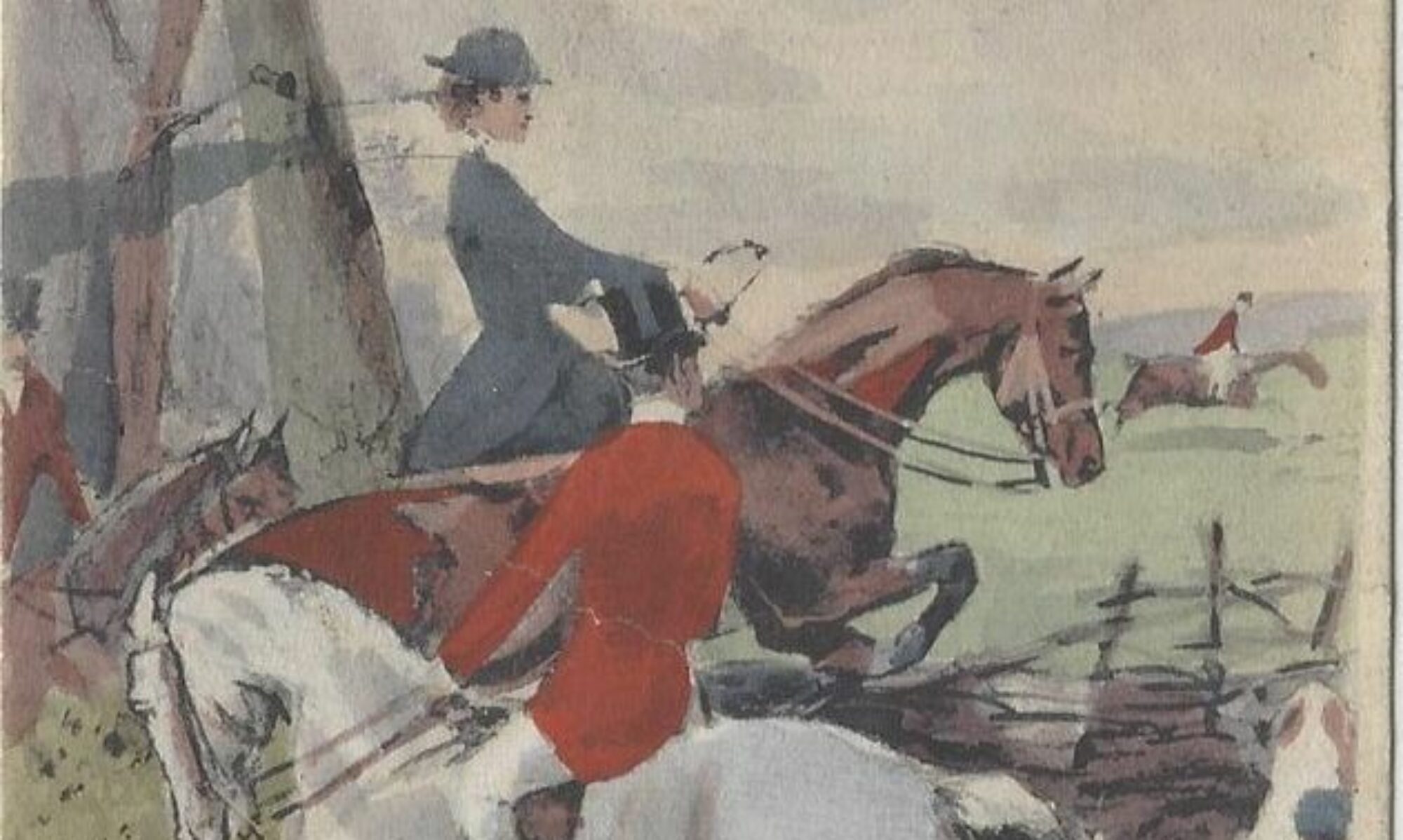I would want this online experience to be more of a psychoeducational experience; the learning outcomes would reflect this, and formal evaluations would not be the focus for students. The group would be small, with no more than ten students. The general context would be that when the experience was over, the students would have a practical skill they could take away to support their mental wellness journey. The nature of the experience would be both theoretical and practical as the learning experience would give background on how bilateral stimulation (BLS) can be used to support mental wellness and how the basic neurobiology of the brain supports this. It would also be practical because there would be opportunities to try out the BLS and learn how to use it for different mental health challenges. The learners would be in the class because they felt drawn to the topic, and as such, this would mean that they would already be mentally prepared to learn this new information.
Teaching this type of psychoeducational experience online might make the learning less stressful for students as they could have autonomy over how engaged they are with the group, they could have the ability to be on or off camera, and they may feel less self-conscious being in their own safe space. Some challenges to this platform are low technical literacy, poor access to high-speed wifi, and perhaps having external distractions because students are attending from ‘home’.
Dee Fink, L. (2003). A Self-Directed Guide to Designing Courses for Significant Learning .Retrieved from http://www.deefinkandassociates.com/GuidetoCourseDesignAug05.pdf

